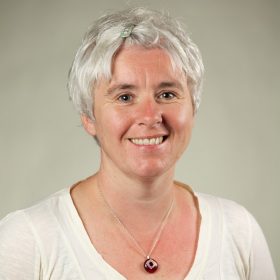Background
The population is getting older. For some people this can mean having several health problems and difficulty doing everyday things.
A Comprehensive Geriatric Assessment (CGA) is a process involving older people (usually aged 65 and over), their families and health and social care staff, which seeks to identify and help manage these problems and prevent new ones arising. This process can mean that people are less likely to need hospitalisation or to go into a care home because their health is better managed. Currently many older people have difficulty accessing healthcare. Additionally, COVID-19 has led to fewer face-to-face hospital appointments, meaning that people may not be getting the best care.
Aims
Starting in January 2022, the aim of the project is to develop a model of enhanced Comprehensive Geriatric Assessment for use in non-hospital settings.
Activity
Our research wants to see if we can develop a process of remote assessment and care called enhanced Comprehensive Geriatric Assessment (eCGA). This would look at how best to meet the needs of older people and their families and will involve looking at research that has already been carried out to see where alternatives to face-to-face contact could be used (or not).
This could include using telephone or video, as well as novel digital technology such as Apps, smart speakers or sensors. We will interview older people and their families, and staff, to ask:
• what would be acceptable to them to use
• what might help or hinder eCGA
• how best to measure whether eCGA has a positive impact on health and wellbeing
With the information, we will devise a plan of what would be part of eCGA and how this could work in practice.
All our research will be completed in collaboration with a stakeholder group of older people, their family members, and health and care professionals.
Anticipated outputs
The outcomes of our development work will be a detailed plan of eCGA, developed with stakeholders, and a proposal for a future programme of work.
Collaborators
Kings College London
University College London
Bradford Teaching Hospitals NHS Foundation Trust
University of Leeds
University of Newcastle
PenARC Staff

Alison Bethel
Information Specialist
Naomi Morley
Research Associate
